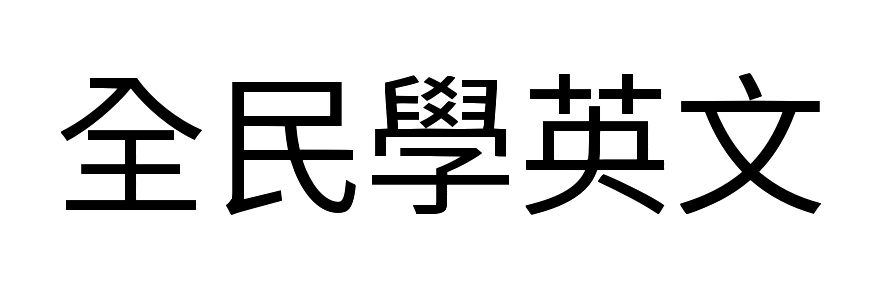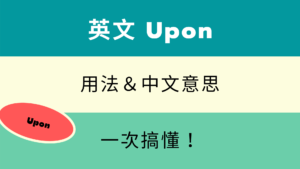編輯/郭懷璞
面對中文都相同意思但英文卻不一樣的時候,該如何是好呢?這裡有三個介系詞和片語意思皆是「上」,但用法卻大不相同。透過《engVid》的講師Adam的解釋,可以清楚知道到底這三個「上」該如何使用:
1.over:
移動:
The clouds moved over the city.
(雲通過這座城市。)
數字:超過
Over 100 people came to the party.
(超過一百個人來參加這場派對。)
覆蓋:
Put a hand over your mouth when you cough.
(當你咳嗽時,將手摀住嘴巴。)
加在字首前:額外的
Overweighted(超重)
Overestimate(高估)
Override(推翻/能力優於)
Overzealous(過度熱心的)
2.above
相對於別的東西而言來得高(在同一平面上):
The clouds lingered above the city.
(雲層徘徊在城市的上方。)
比參考點更高的位置:
above average(高於平均)
above freezing(高於冰點)
above expectations(超出期待)
3.on/on top of
有關一項東西或物體,是可以觸碰到表面的:
Put the book on the table.
(把書放在桌子上。)
Put the book on the top of the other books on the table.
(把書放在桌子上其他書的上面。)
例句:
1.Let’s hang the painting over/above the fireplace.
(我們來把壁畫掛在壁爐上吧。)
2.Can you please put the blanket over/on my legs?
(可以請你幫我把毛毯蓋在我的腿上嗎?)
3.On top of all my other problems, I have a new boss to deal with.
(除了我這些問題之外,我還有一位新的老闆要處理。)
圖片來源:Rainer_Maiores
除了上面文章內容,你還可以參考下方更多相關英文教學。
更多實用英文
- 【英文介係詞】該如何用英文表達「位置」?in front of/behind/next to/on/in/above….英文用法解說!
- 英文Above 跟 over 中文意思與用法差在哪?
- 用above還是over?形容高低/溫差,使用「above」就對了!
- 【英文介係詞】英文”on”,”in”,”at”的用法
- 【英文介系詞】表達時間時,「On、In、At」的使用時機與英文用法
- 【英文介係詞】in / into / on / onto 英文用法與意思解說!
- get over、take over、come over、think over、talk over…中文意思是?「over」英文片語大集合!
- Over跟Above哪裡不一樣?「over」的用法告訴你!
如果你喜歡學習各種英文文法、英文片語、口語英文、英文單字等等,歡迎追蹤全民學英文的 FB 粉絲專頁、Instagram,以及Line 官方帳號。













